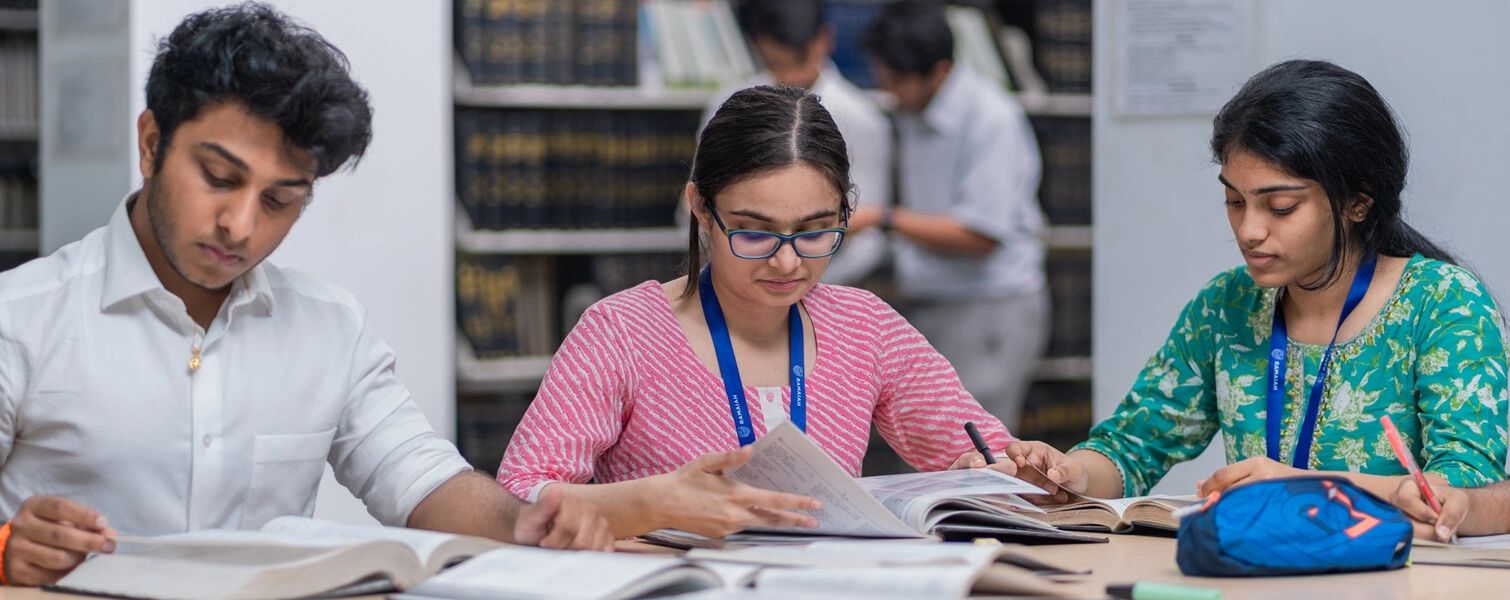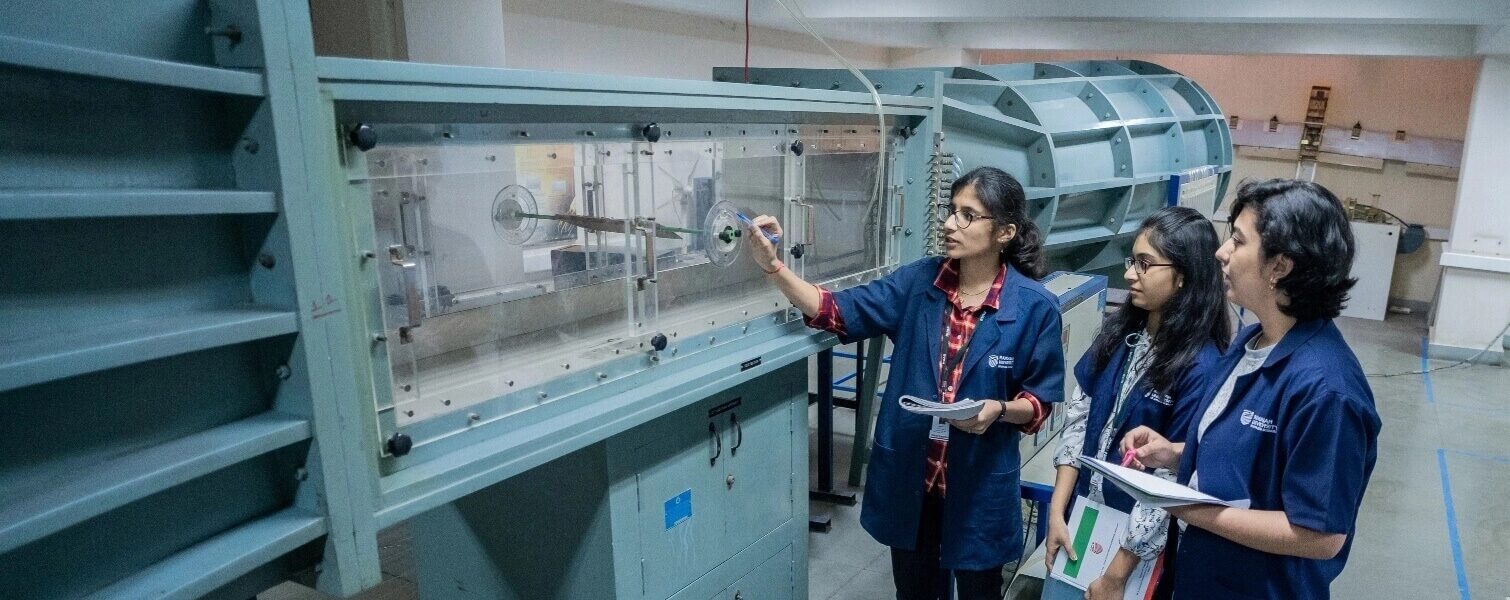Indian Nationals
In multi-disciplinary research area, decisions about subject area of research related to entry level qualification can be referred to a select committee of respective Deans and PVCs.
A 1-year/2-semester Master's degree programme (after 4 year undergraduate degree) with at least 60% marks in aggregate or its equivalent grade in the UGC 10- point scale (or an equivalent grade in a point scale wherever grading system is followed) or an equivalent degree from a foreign educational institution accredited by an Assessment and Accreditation Agency which is approved, recognized or authorized by an authority established or incorporated under a law in its home country or any other statutory authority in that country to assess, accredit or assure quality and standards of educational institutions.
A 2-year/4-semester Master’s degree programme, with the same conditions as in sub- clause above; A candidate seeking admission after a 4-year/8-semester Bachelor’s degree with Research should have a minimum CGPA of 7.5/10.
International Students
Candidates should have a Master's degree qualification recognized by the Association of Indian Universities in the related discipline or equivalent. They must also have proof of proficiency in English. For candidates with a Master's degree programme with English as a medium of instruction, proof of proficiency in English is not required. However, the RIC may, from time to time, specify certain additional guidelines applicable exclusively to research students from foreign countries.


